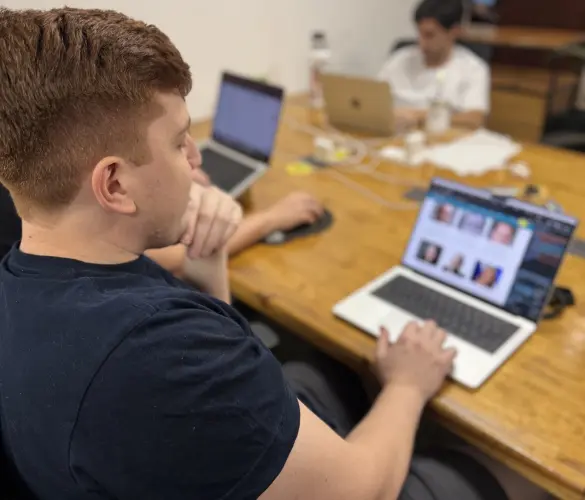- Blogs
- Industry Insights
- WordPress State of the Word 2023: 11 big takeaways
Industry Insights / 5 min read
WordPress State of the Word 2023: 11 big takeaways
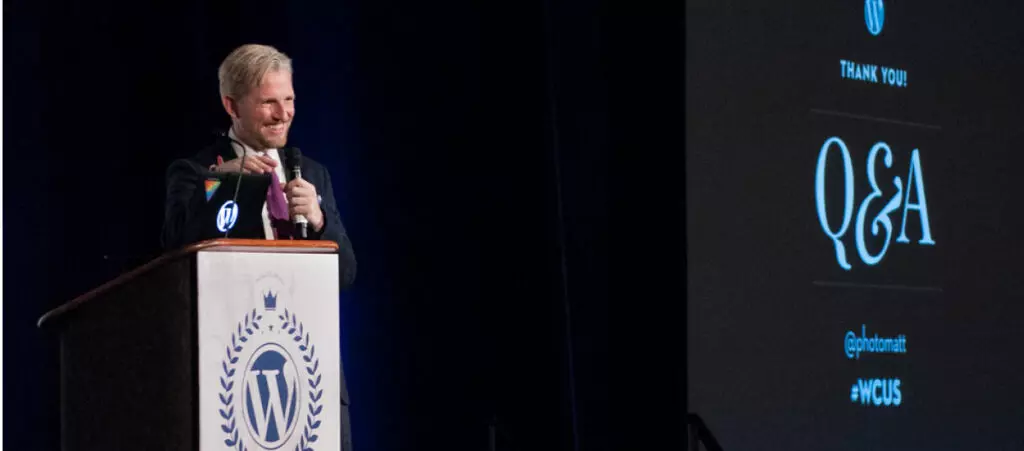
The WordPress State of the Word 2023 conference took place on December 11 in Madrid, Spain, making it the first international State of the Word.
Over approximately 40 minutes, multiple speakers explained how the platform has evolved over the past 20 years and how it keeps moving toward new challenges.
Let’s go over the main 11 takeaways so you know what the WordPress project will be up to in 2024.
11 takeaways from the WordPress State of the Word 2023 conference
20 years of WordPress
Matt Mullenweg, WordPress co-founder, started his speech by celebrating WordPress’s 20th anniversary, which took place on May 29, 2023. Over 2 decades, WordPress has evolved from a user-friendly blog builder to a mature CMS that makes some of the biggest websites in the world possible.
In its 20th anniversary year, the WordPress community was very active, with Matt citing the following statistics:
- There were around 1,300 official WordPress-related gatherings.
- There were 70 WordCamps in 23 countries. That’s more than double the WordCamps in 2022.
- 2,500 worldwide organizers made all these gatherings possible.
WordPress Remembers
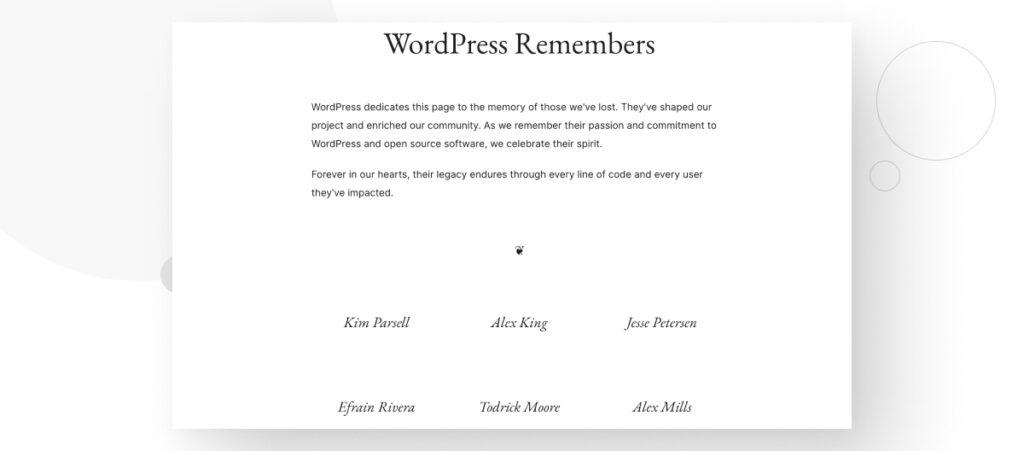
Matt also highlighted WordPress Remembers, a place to remember contributors, event organizers, and other members of the community who are no longer with us.
Openverse
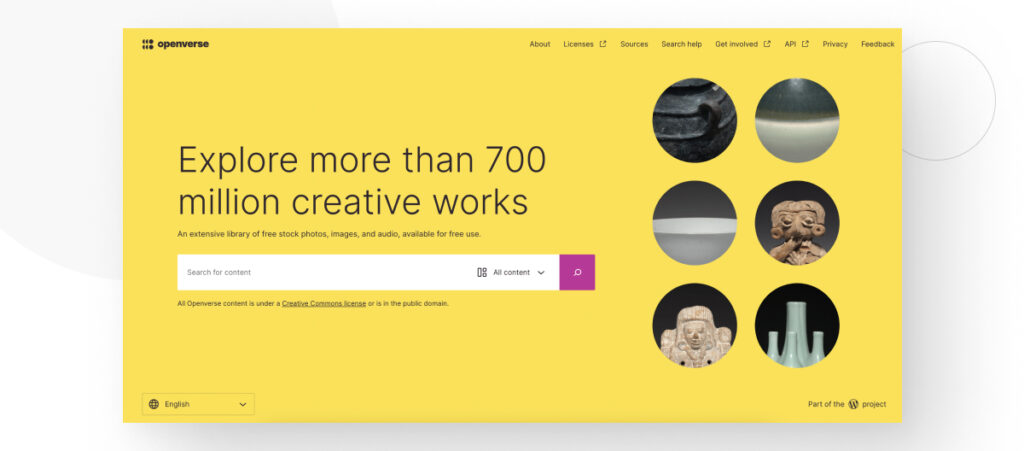
Openverse is a tool designed to facilitate the discovery and use of openly licensed and public domain works. It currently searches through over 700 million images and audio files from open APIs and the Common Crawl dataset. The platform aggregates results from various public repositories into a unified catalog.
Openverse currently focuses on images and audio but plans to include additional media types like open texts and 3D models. The platform is open-source, including the frontend, API, and catalog, encouraging community contributions.
Openverse is part of the WordPress project and won the OE Global’s Open Infrastructure Award this year.
Playground
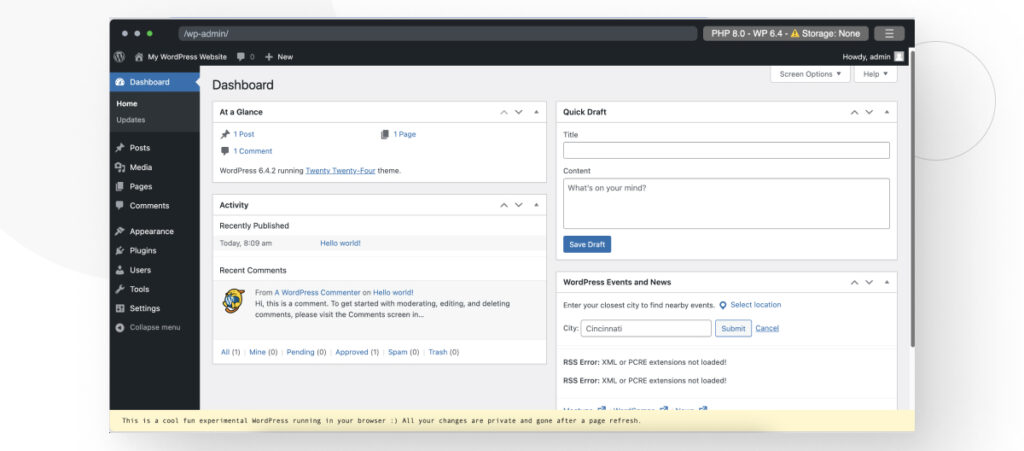
Playground is an initiative started in August 2023 that provides instant access to WordPress for users, learners, developers, and contributors. It allows users to try out blocks, themes, and plugins, build entire sites, test plugins with various WordPress and PHP versions, embed interactive WordPress sites in tutorials or courses, showcase plugins or themes on websites, and more.
Using Web Assembly, Playground can load PHP in a web server in your browser within a few seconds. It effectively creates a virtual machine on your browser.
Playground accelerates the process of setting up study and development environments.
Over 56,000 people have used Playground since August.
The Twenty Twenty-Four default theme
Twenty Twenty-Four, released with WordPress 6.4, is a versatile default theme aimed at a broad audience. Departing from past default themes, it provides a collection of design patterns and aesthetics adaptable for entrepreneurs, photographers, artists, writers, and bloggers.
The theme offers 35 patterns and 7 global style variations, each with unique color schemes, font choices, and visual elements. It introduces a tri-focus approach, targeting specific user groups while maintaining design flexibility.
Twenty Twenty-Four marks the end point of the Gutenberg Project’s Phase 2, Customization. The team is now working on Phase 3, Collaboration.
1,000+ new contributors
The WordPress project received 1,399 new contributors in 2023!
Gutenberg features and performance improvements
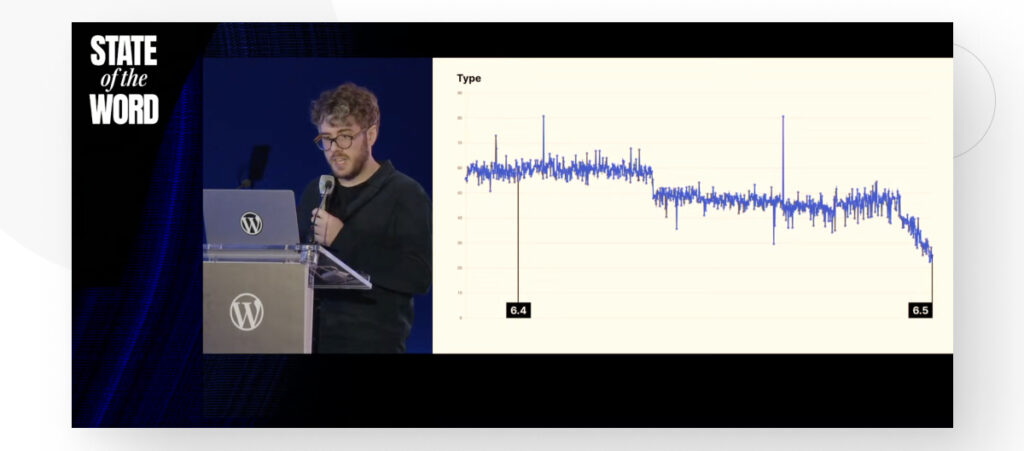
To explain the many advancements the Gutenberg project enjoyed in 2023, Matt introduced Matías Ventura, Lead Architect of Gutenberg.
Matías highlighted the progress made in the project, including:
- The Site Editor’s function as both a writing environment and a design tool.
- The Footnotes Block and Distraction Free mode.
- A working Gutenberg prototype that focuses on collaboration with features such as a sync engine for real-time visibility of site edits across multiple sessions. Matías encouraged users to download the Gutenberg plugin to test the new changes and provide feedback.
- Patterns as powerful workflow tools.
- The ability to connect blocks to custom fields without creating custom blocks.
- Gutenberg’s improved performance. He claimed that over the last few weeks, the team managed to make the editor at least twice as fast. WordPress 6.4 made the editor significantly faster, and the team expects 6.5 to make it even faster.
- The Interactivity API. Matías showcased its ability to make transitions, searches, and interactions instantaneous on the frontend (no need to reload the page) using standard WordPress blocks and features.
“Learn AI deeply”
Matt came back to the stage to talk about AI. He reminded the audience that in WordCamp Europe 2022, he asked attendees to “learn AI deeply.” He later declared that 2023 has been the year of AI and moved on to showcasing some of the ways the WordPress project is currently using AI.
The team is experimenting with combining Playground and natural language to create blueprints for WordPress sites based on user prompts. You can ask an AI to generate an ecommerce WordPress site with SEO improvements out of the box.
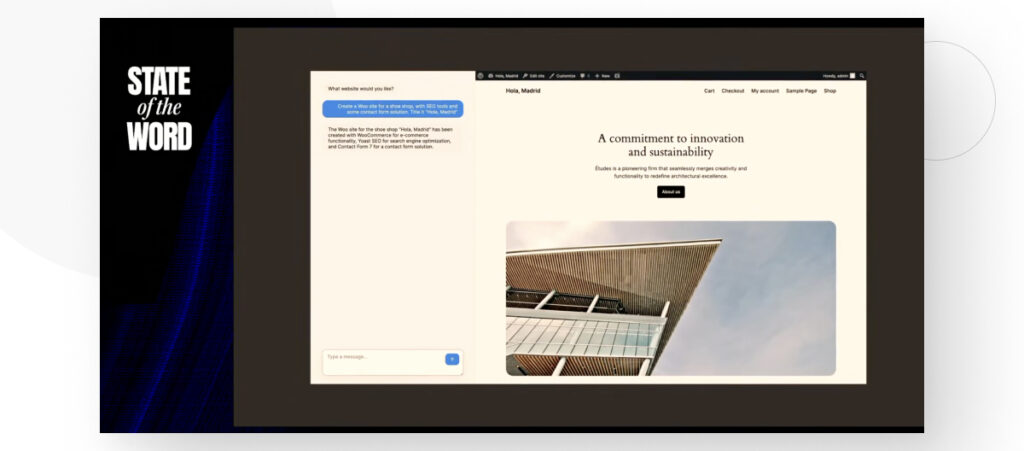
This application is still in early development but could be important in the future.
Data Liberation and migration tools
One of the major announcements of this year’s State of the Word was Matt’s desire to steer the WordPress project towards what he calls “Data Liberation” and more sophisticated migration tools. Matt wants WordPress to help “unlock the web” by expanding export options and making them more accessible.
The problem is that some popular CMSs like Wix don’t even offer a method to export sites (yet), and even migrating WordPress sites to other WordPress installations can be more complicated than it should be.
That’s why, moving forward, the project will prioritize making migration between CMSs and WordPress installation easier through first-party plugins, tools, and workflows available at WordPress.org. The teams will prioritize one-click migrations and improvements on the .wxr export format.
Learn more about export options in WordPress.org’s Data Liberation.
Faster plugin clearance
Matt also mentioned there is a 79-day delay for approving new plugins in the directory. To combat this, the official WordPress Plugins Team is accepting applications, with the goal of eventually ensuring that every plugin is reviewed and approved in 1 business day.
WordCamp 2024 US will be in Portland
Near the end of the conference, Matt confirmed that WordCamp US 2024 and 2025 will take place in Portland, Oregon.
Bottom line
2023 was a busy year for WordPress, with multiple core and Gutenberg updates, a 20th anniversary, and over 1,000 new contributors.
As the platform looks into the future, AI integration, migration tools, and the growth of Playground as an accessible tool to set up WordPress installations will likely dominate the 2024 agenda.
If you found this post useful, read our blog for more WordPress insights and guides!
Related Articles
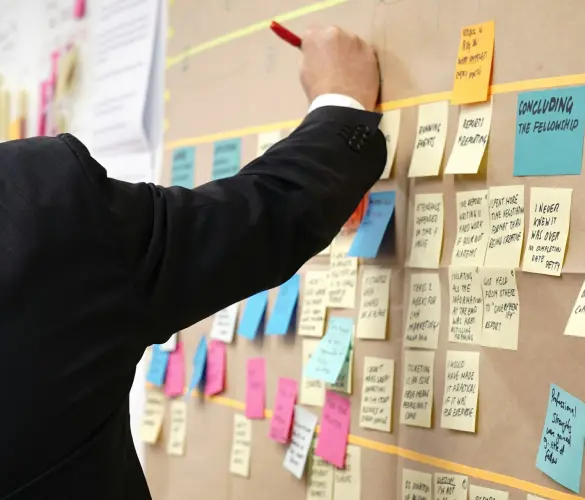
Business / 12 min read
Business / 12 min read
How to Take on More WordPress Development Projects While Maintaining Quality
As a digital agency that provides WordPress services, your job is to take on as many projects as possible while maintaining the highest quality. This is easier said than done…
Read More
Business / 9 min read
Business / 9 min read
How to Choose a WordPress Development Agency to Scale Your Projects?
When your agency starts to scale, you may decide that a big part of your expansion will be providing WordPress services. If that's the case but you don't have an…
Read More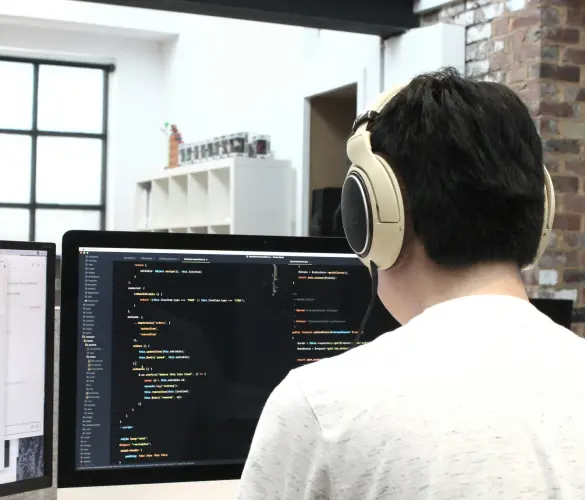
Business / 7 min read
Business / 7 min read
How to Optimize Time and Resources in WordPress Projects
WordPress agencies need to optimize and human resources use in order for their services (development, QA, design, etc.) to be profitable. They need to plan these projects very thoroughly to…
Read More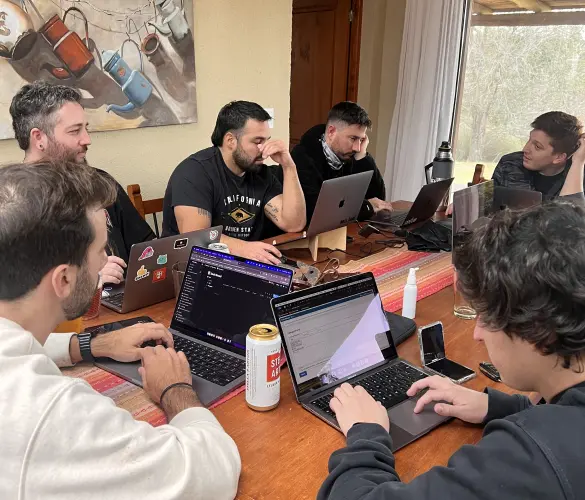
Business / 11 min read
Business / 11 min read
How WordPress Outsourcing Can Help Scale Your Agency
WordPress development outsourcing is becoming more frequent and affordable every day, helping global digital agencies of all sizes scale their services without the long-term investment of hiring an in-house team.…
Read More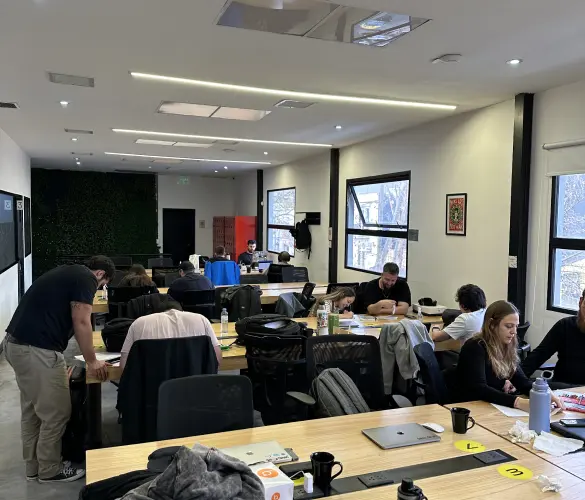
Business / 8 min read
Business / 8 min read
What Is a White Label WordPress Development Agency?
A white label WordPress development agency is a company of WordPress developers, QA analysts, and project managers who provide outsourced services to digital agencies that lack a development team. Importantly,…
Read More